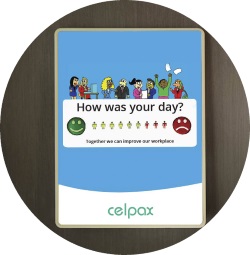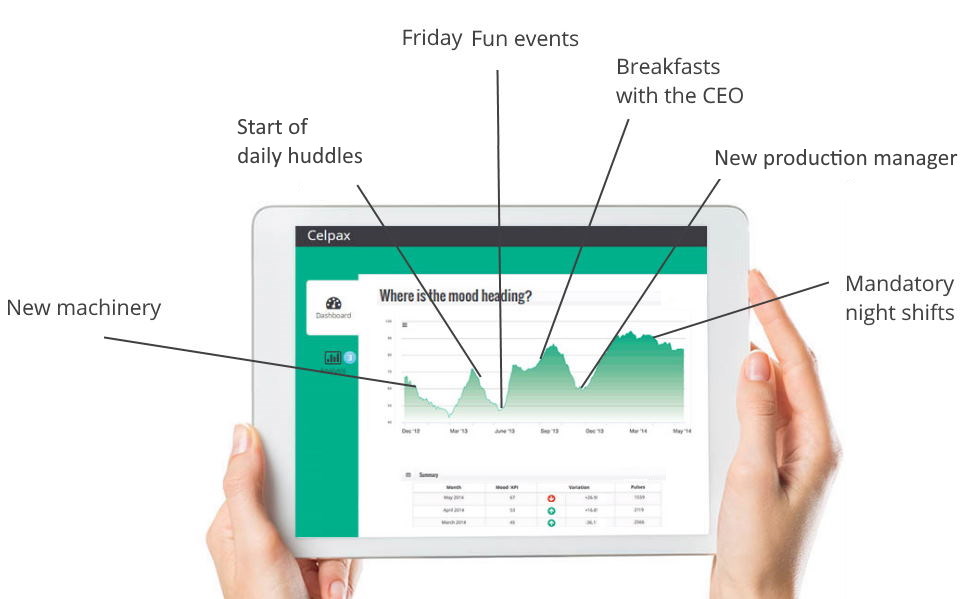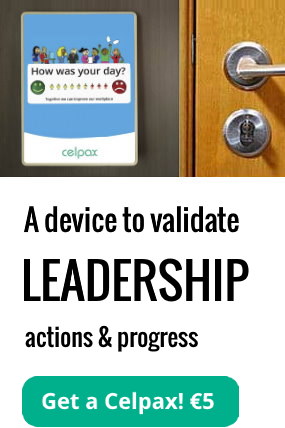The Future of Work: How much does ‘Work Happiness’ matter to Gen Z? Yale’s most popular class should give you a hint
The Future of Work - Gen Z digs Happiness
The future of work is already here. Just how much does Work Happiness matter to Gen Z? Yale’s most popular class gives us all a hint.
One clear indicator of the Future of Work and where we as a society are heading comes from Yale.
Guess which course is the US university’s most popular course? Happiness 101.
Almost 1 in 4 undergrads signed up for this course, making it THE most popular class ever.
Dang.
Is your workplace ready for when Gen Z knocks on your door?
(Yeah, yeah, I know they probably wouldn’t physically knock, but remember that you don’t pick talent anymore. Talent picks you.)
The Future of Work
So for those struggling with the term, Gen Z is the generation born between after 1995. The oldest ones are 23 years old (almost 74 million in the US.)
Here’s some more struggling:
Turns out Gen Z isn’t tackling well-being as one would hope. What does that mean for the Future of Work?
“Students report being more depressed than they have ever been in history at college, more anxious,” says Dr. Laurie Santos, the Psychology Professor behind the course.
What happens when Gen Z hits the workforce?
“We work really hard to get a great salary or to buy this huge house,” Laurie continues. “Those things are not going to make us as happy as we think.”
How can we make ourselves happier and live more fulfilling lives?
Cause things don’t exactly go all rosy when you leave college and enter the workforce.
We are regularly fed with alarming news around increasing number of burnout, stress levels, hidden mental health problems, etc.
As an example, the younger lawyers in the first 10 years of their work-life, experience the highest rates of drinking problems (21-36%) and depression.
(Real) wellbeing at work
What will bring real wellbeing at work? And how can we change our behaviour at work?
In her Happiness 101 course, Laurie talks about methods to nudge people in the right direction.
Where are you nudging your employees? Or are they nudging you in any direction?
What method are you using to future proof your organization?
Our users with the highest employee morale score are open about emotions in the workplace. They make sure their employees feel free to bring their WHOLE self to work.
They include honest, real, conversations in their daily routines to make sure their people are OK.
In return, they report higher productivity, better employee retention, lower levels of accidents and burnout and tend to steer their way faster through any crisis.
They use continuous feedback loops and conversations to boost morale at work.
- Related: A case study of how technology is changing our workplaces in light of the Generation Y.
Now that’s being committed to real wellbeing at work.
We see increased traction from companies that are investing in workplace happiness and wellbeing. In terms of the Future of Work, let’s call it a clear trend.
And in the case of the Yale happiness course “The Science of Well-Being”, it was so massively popular that it’s now offered free to the public, thanks to Coursera.org.
Go check it out!
Laure says the time is right to start applying methods to improve wellbeing in our lives.
At Celpax we couldn’t agree more.
The Future of Work starts with empowering your people. At all levels. We all deserve to lead more satisfying lives.
Measure if your leadership actions are working!
Get a survey kiosk.

 Hej! I’m Rebecca, co-owner at Celpax. We use simple tech tools to measure and create a great work environment. And build a better society while at it! Interested in the future of work and employee wellbeing for new generations in the workplace? Me too! Let’s chat on Twitter.
Hej! I’m Rebecca, co-owner at Celpax. We use simple tech tools to measure and create a great work environment. And build a better society while at it! Interested in the future of work and employee wellbeing for new generations in the workplace? Me too! Let’s chat on Twitter.
PS. Photo by @honeyyanibel
Similar interests
- Non Gamstop Casinos UK
- Slot Sites UK
- New Betting Sites UK
- Casinos Not On Gamstop
- Gambling Sites Not On Gamstop
- Casino Non Aams Sicuri
- UK Online Casinos Not On Gamstop
- Gambling Sites Not On Gamstop
- Sites Not On Gamstop
- Sites Not On Gamstop
- Non Gamstop Casino Sites UK
- Best Online Casino Canada
- UK Casino Not On Gamstop
- Non Gamstop Casinos
- Casinos Not On Gamstop
- Siti Scommesse
- Top Casino Sites UK
- Slots Not On Gamstop
- Casino En Ligne Meilleur Site
- Casinos Not On Gamstop
- Betting Sites UK
- Slots Not On Gamstop
- UK Casino Not On Gamstop
- Migliori Casino Online Non Aams
- Non Gamstop Casino UK
- Lista Casino Online Non Aams
- Meilleur Casino En Ligne
- Best Crypto Casino
- Casino En Ligne
- Casino Online
- Casino En Ligne France
- Paris Sportif Ufc
- Casino Jeux En Ligne
- Meilleur Casino En Ligne
- Bonus Free Spin Senza Deposito
- Casinò Non Aams Con Free Spin Senza Deposito
- Nuovi Casino Non Aams
- Migliori Casino Online
- Crypto Casino
- Casino Non Aams



